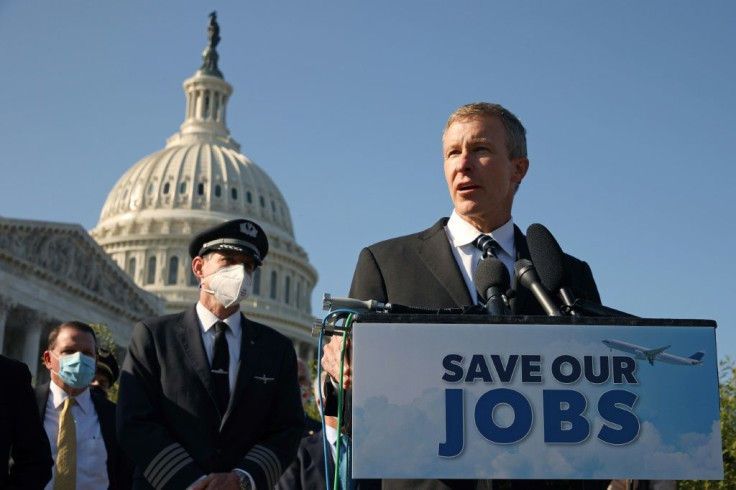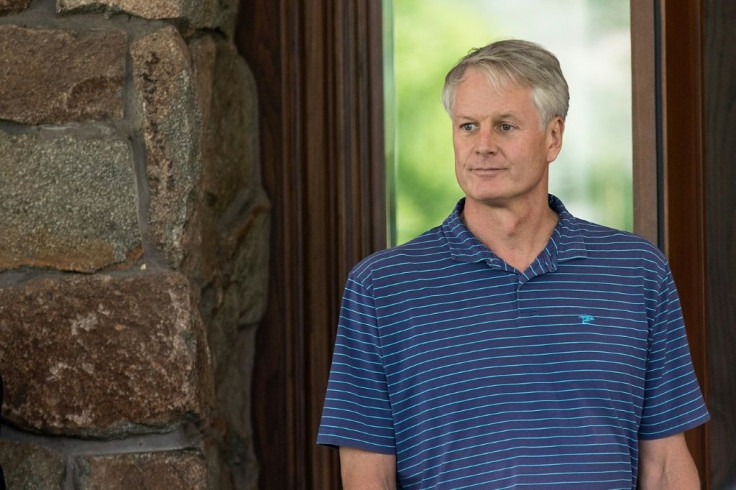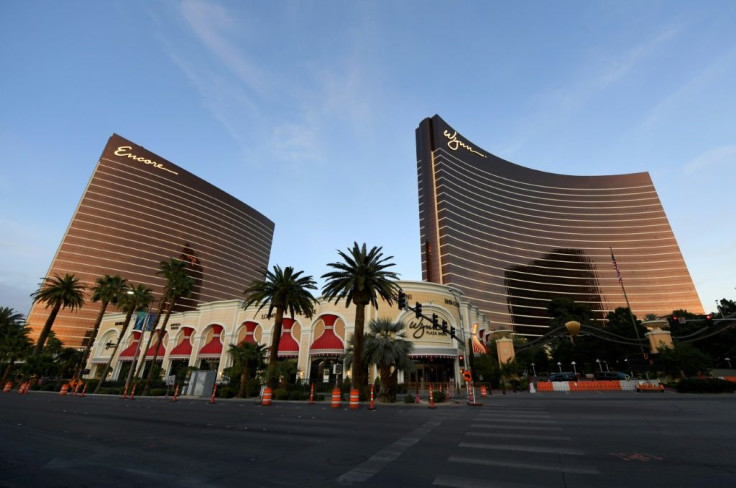CEOs Weather Pandemic With Compensation Largely Intact
Even as the pandemic roils the American economy, compensation for US chief executives has largely held up as many corporations adjust their criteria for performance pay and bonuses during the crisis.
Only about one-fifth Russell 3000 index of publicly traded firms have reduced CEO pay, according to data compiled by the Conference Board with the consultancies Semler Brossy and Esgauge.
Corporate boards have opted for generous packages for executives at the top even when, in many cases, firms have been laying off workers.
For CEOs, "it's heads I win, tails I don't lose," said Jesse Fried, a Harvard Law School professor specializing in executive compensation.

Fried said boards of directors appear to be willing to make adjustments to compensation criteria when it results in a boost for CEOs, but rarely will cut pay.
"Sometimes, there are good reasons for such adjustments: the need to retain talent, or better motivate managers," he said.
"But there is a problem here: when firms experience positive shocks that have nothing to do with the CEO's own performance, the compensation committee never adjusts CEO pay downwards so that the CEO is not overcompensated."
Concerns on executive pay were rising even before the pandemic. CEO median compensation for the Russell 300 firms was $4.3 million in 2018, the most recent data available. For the top 500 firms, total pay hit $14.8 million or 264 times average worker pay in 2019, according to the AFL-CIO labor federation.

Many boards appear to be willing to overlook the impact of the Covid-19 pandemic as a factor unrelated to CEO performance even if the company is hurting, according to Fried.
There have been some notable cases of cuts -- United Airlines chairman Oscar Munoz and CEO Scott Kirby agreed to waive their salaries for several months as the carrier took a severe blow from a downturn in travel. Munoz in 2019 received $1.25 billion in base pay and some $11 million in bonus and stock awards.

Other firms have reworked their compensation criteria to ensure top executives don't see a major change.
A total of 195 firms in the Russell 3000 have made changes to incentive pay since March 1.
Nike, for example, has changed its incentive pay for CEO John Donahoe, discarding its previous metric of profit per share and revenue for one based on its relative performance to other Standard & Poor's 500 firms for the future.
In the contact year ended in May, Donahoe did not meet performance goals set by the board but ended up with a special cash bonus of $6.75 million for a total of $53.5 million.
One-third of the Russell index firms have moved to limit annual bonuses for top executives.
But roughly the same number of companies have moved to change the criteria on which bonuses are accorded.
Darden Restaurants for example chose to exclude sales between March and May 2020 when it calculated bonuses for the fiscal year ending in May. Chief executive Gene Lee ended the year with a package worth $8.7 million, down from $10.7 million the prior year.
Wynn Resorts meanwhile decided to use different data from the second half of the year for its calculations after many of its casinos and hotels were closed or saw limited activity earlier in the year.
"Investors are looking to boards and specifically compensation committees to be judicious" on compensation and incentive pay, said Glenn Davis, deputy director of the Council of Institutional Investors.
"On the one hand, you want to continue to incentivize managers. And on the other hand, you also don't want to expose the company to criticism that the board is moving the goalposts for the company leaders at a time when they are facing very difficult decisions."
Analysts point out there is nothing improper about changing the criteria for incentive pay in light of the extraordinary circumstances.
But corporate boards must be prepared to answer shareholders who may be displeased with high executive pay when firms are in crisis.
"The key theme has been around proportionality: making sure the pay opportunities are aligned with the reset goals and with the impact on broader stakeholders, employees, customers and suppliers," said Greg Arnold, managing director at Semler Brossy.
Arnold said the broader view on compensation and incentives has been a focus in boardrooms for some time and that "the pandemic accelerated" the trend.
© Copyright AFP 2024. All rights reserved.




















